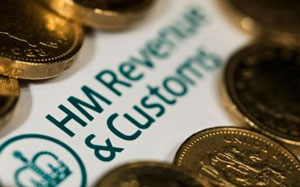
With so many British citizens opting to move abroad, it’s worth noting a few points before moving that will help you to move with greater confidence.
First, the obvious formalities should be covered, things such as visas and residency checks. If you are moving from the UK to another country within the European Union then you will be able to do so with relatively little red tape to snip through. However, if you are venturing further away then you must be sure to research the entry requirements of your destination. Speak to the British Consul, or the Embassy of your new home.
Finding out about taxation in your new country should be next on your list. Escaping the UK tax regime is one of the best perks involved with becoming an expatriate. However, simply leaving the UK is not enough to do so. Even if you succeed in becoming a non-UK resident, you may still find that HMRC will deem you liable to pay UK income tax. For this reason it is vital that you understand the rules and guidelines surrounding domicile status and non-residency.
The previous guidelines HMRC laid out were the source of much confusion as even following them exactly sometimes resulted in people being judged, and deemed to be liable, on other individual circumstances.
However, new rules are in place to make the system less confusing-
The new rules set out a clear list of what will affect your status, split into three parts.
Section A, details the factors that determine residency, mainly the length of time spent in the UK. ‘Arrivers’ who spend fewer than 45 days in the UK and ‘Leavers’ who spend fewer than ten days in the UK qualify as non-residents.
Section B details factors that DO make you UK resident. According to Section B people who spend more than 183 days in the country, have a main home in the country, or conduct full time work in the country, are officially UK residents.
If a decision is still not reached, then Section C will look at the ‘connecting factors’.
These connecting factors will be ways in which the individual has a strong link to the UK. The connecting factors are: Family- a spouse in the country, children attending school. Properties owned in the UK. Work in the UK that spans 40 days or more. Time spent in the country- with 90 days or more over two tax years considered the maximum.

